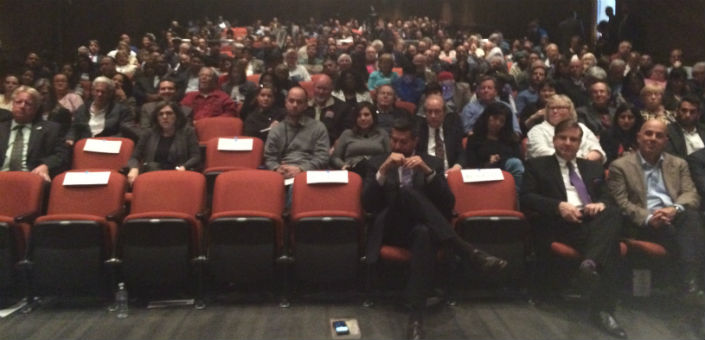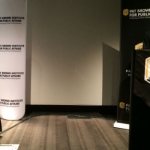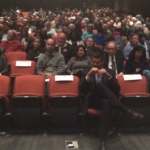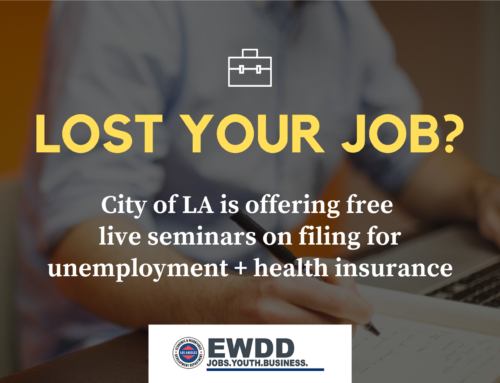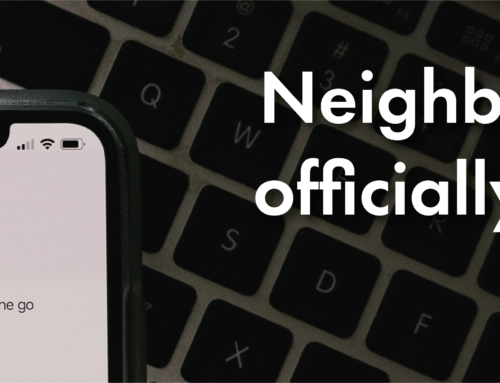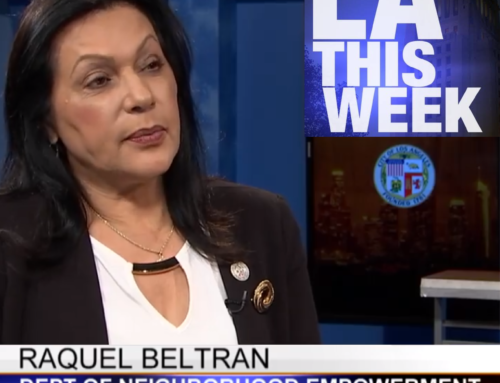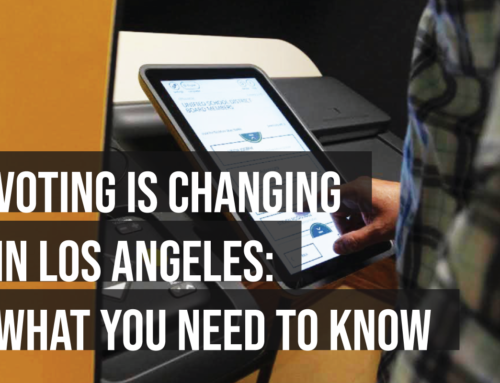By Tony Wilkinson
“We’re not interested in what your problem is. We just want you to turn around and stop taking our money and going up on the rates” said Earis Vails, an African-American bus driver who lives in South L.A. She was talking to reporter Gene Maddaus of “LA Weekly”. Earlier Vails had asked a question about rates when Cal State L.A. convened a panel on Tuesday, March 29, to discuss reform at the Department of Water and Power.
Neighborhood Councils are in the middle of this discussion. For the first time in history, both the Mayor (Eric Garcetti) and the City Council President (Herb Wesson) have asked Neighborhood Councils to join with them in determining what will go on a ballot measure. Community discussion and input needs to be done in April and early May. This input will be considered in May when the final ballot proposal is created. The City Council will then consider and vote on the proposal in June. June is the deadline to have the measure appear on the November 2016 ballot.
The big question is, are Neighborhood Councils (in LA Weekly’s terms) insiders or outsiders?
LADWP is the nation’s largest municipal utility. For the last decade it has been trapped between two forces. State and federal rules require it to make huge changes to its water and power systems. It has no choice, for example, to eliminate coal-fired power plants and add increasing amounts of “green” renewable power. Elected officials don’t like to vote to allow it to recover these costs. As a result, DWP was forced cut back on replacing its aging power poles and water pipes. Instead of small and manageable rate increases each year, ratepayers have been hit with much bigger hikes when politicians realize there is no other choice.
The city recently finished a seven month process of discussing a five-year package of rate increases with the public. They take effect on April 1. The Department held over 80 public meetings. Neighborhood Councils participated through their information access agreement with DWP. This “MOU” (a Memorandum of Understanding) is the only such agreement that Neighborhood Councils have been able to reach with any city department.
With the rate issue out of the way, elected officials are now willing to discuss steps that they can take to make DWP more efficient — if the public agrees. Many different city officials have some control over DWP operations. None of them have direct accountability for results. A set of DWP reform proposals (Felipe Fuentes, Council File 16-0093) give the DWP Board more power to oversee the Department. They also remove some city rules that make DWP less efficient.
At the March 29 forum, DWP General Manager Marcie Edwards said that she can make big improvements in the Department’s efficiency from some of these reforms. That in turn will reduce the pressure to raise rates. Examples included changing the cumbersome city contracting and hiring processes that are now required at DWP.
However, there are some parts of the DWP Reform proposal that might increase access by “insiders” at the expense of ratepayers. That was the concern of the LA Weekly reporter. This is why Neighborhood Council participation in the DWP Reform discussion is so vital.
For a decade, Neighborhood Councils have been largely on the outside looking in. With the DWP Reform proposal, these charter agencies have the opportunity to become something quite different. It’s time to start viewing Neighborhood Councils as “the people’s insider”.
You can start becoming a “people’s insider” yourself by coming to the NC-DWP MOU Oversight Committee meeting this Saturday, April 2, at 8:45 am at DWP Headquarters, 111 North Hope Street in downtown Los Angeles. Every Neighborhood Council should name a representative and an alternate to this committee. The group meets regularly on the first Saturday of every month at LADWP. Everyone is welcome to attend. Of course the topic on April 2 will be DWP Reform.
Please send your questions and comments to DWPMOU@EmpowerLA.org. Starting on Monday, April 4, DWP Reform information will be posted regularly at https://empowerla.org/dwpmou. There is additional information at http://dwpreform.lacity.org.
Tony Wilkinson is the Chair of the Neighborhood Council – DWP MOU Oversight Committee. He will be contributing information on the DWP Reform process to the EmpowerLA newsletter each week.


